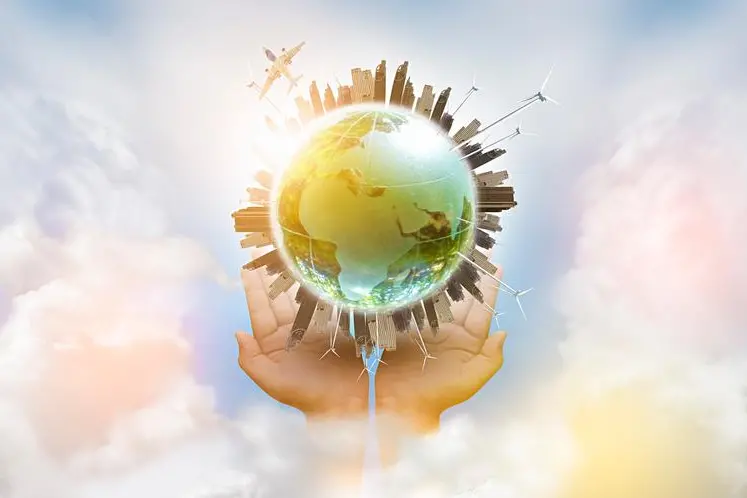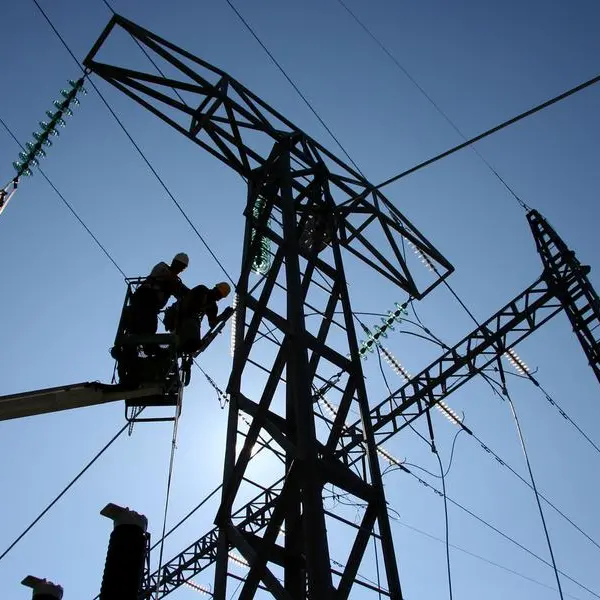PHOTO
HELSINKI, (Finland) - The developments in global climate action in recent years offer immense optimism, which will reflect in COP28, the UN Climate Change Conference to be held in Dubai later this year, a top Finnish diplomat told the Emirates News Agency (WAM).
Kerstin Stendahl, Finland’s Special Envoy for Climate Change, added that Finland and the UAE will be able to tackle climate change through international efforts, collaboration, and partnerships.
She spoke to WAM during a recent media tour to Helsinki, organised by the Finnish Ministry for Foreign Affairs. Senior journalists from nine global media outlets, including WAM, from nine countries across the world were invited to the media trip to get familiarised with “Climate solutions from Finland”.
First global stocktake is crucial
As “Finland belongs to a group of ambitious European Union (EU) Member States that is advocating stricter emission reduction targets for non-EU countries in the forthcoming COP28 in Dubai,” the climate envoy explained that “we will be deliberating on the first global stocktake at COP28.”
According to the United Nations Framework Convention on Climate Change (UNFCCC), the global stocktake is a process for countries and stakeholders to see where they are collectively making progress towards meeting the goals of the Paris Climate Change Agreement – and where they are not.
“At COP28, Finland, as part of the EU, considers that the global stocktake will be a milestone for implementing climate action to fulfil the long-term global goals of the Paris Agreement,” Stendahl emphasised.
Immediate, ambitious mitigation action
“The first global stocktake has to show that Parties to the Paris Agreement will deliver on the collectively agreed goals. The outcomes need to be most ambitious and concrete,” she stressed.
Hence, the envoy suggested that the global stocktake should include concrete recommendations for enhanced, immediate, and ambitious mitigation action, pre- and post-2030. There should be action on adaptation and means of implementation and support, including aligning global finance flows with these goals, she added.
Immediate, deep, rapid, and sustained mitigation, and accelerated implementation of adaptation actions in this decade would reduce projected loss and damage for humans and ecosystems, and deliver many co-benefits, especially for air quality and health, the climate ambassador explained.
Reasons for optimism
Stendahl is extremely optimistic about global climate action. “There are several reasons one can be optimistic about tackling climate change,” she said, stressing that the Paris Agreement is the first source of her optimism.
The Paris Agreement is a legally binding international treaty on climate change. Adopted by 196 Parties at the UN Climate Change Conference (COP21) in Paris, France, on 12th December 2015, the agreement entered into force on 4th November 2016.
Its overarching goal is to hold the increase in the global average temperature to well below 2°C above pre-industrial levels and pursue efforts to limit the temperature increase to 1.5°C above pre-industrial levels.
The Finnish climate envoy pointed out that this agreement provides a framework for collaboration, knowledge sharing, and collective action to tackle climate change.
Technology, renewables, awareness
Technological advancements and renewable energy transition are another positive development that play a crucial role in addressing climate change, she said.
Renewable energy technologies, such as solar and wind power, have become more efficient and affordable over the years, making them increasingly competitive with fossil fuels, and accelerating energy transition, the envoy explained.
The increased public awareness and engagement on climate change is another encouraging trend, she pointed out.
“People are demanding action from governments, businesses, and communities to address the issue. This growing public pressure can drive policy changes, corporate sustainability initiatives, and individual actions that collectively contribute to mitigating climate change,” the diplomat said.
Global collaboration, partnerships
Global collaborations and partnerships are also inspiring development in climate action, the envoy said.
“Addressing climate change requires global collaboration and partnerships among governments, businesses, communities, and individuals. Initiatives like the Climate Action Network, intergovernmental collaborations, and public-private partnerships are fostering cooperation and knowledge exchange, enabling innovative solutions to be shared and scaled up more effectively.”
Building resilience
An increased focus on building resilience and adapting to the impacts of climate change is a promising trend, [although mitigation efforts to reduce greenhouse gas emissions are crucial], she pointed out.
“This includes measures such as implementing climate-smart agriculture, enhancing infrastructure resilience, and integrating climate considerations into urban planning. By preparing for and adapting to the changing climate, societies can mitigate the negative impacts and protect vulnerable communities,” the climate envoy said.





















